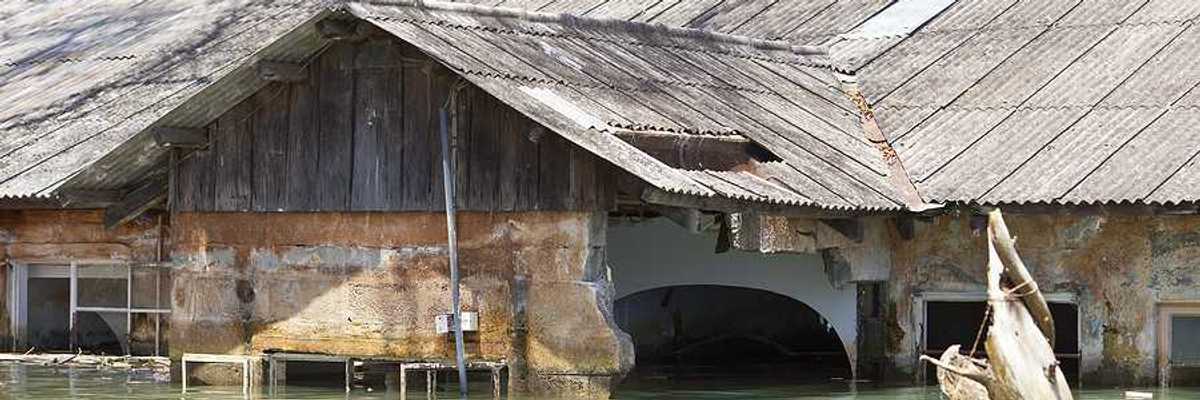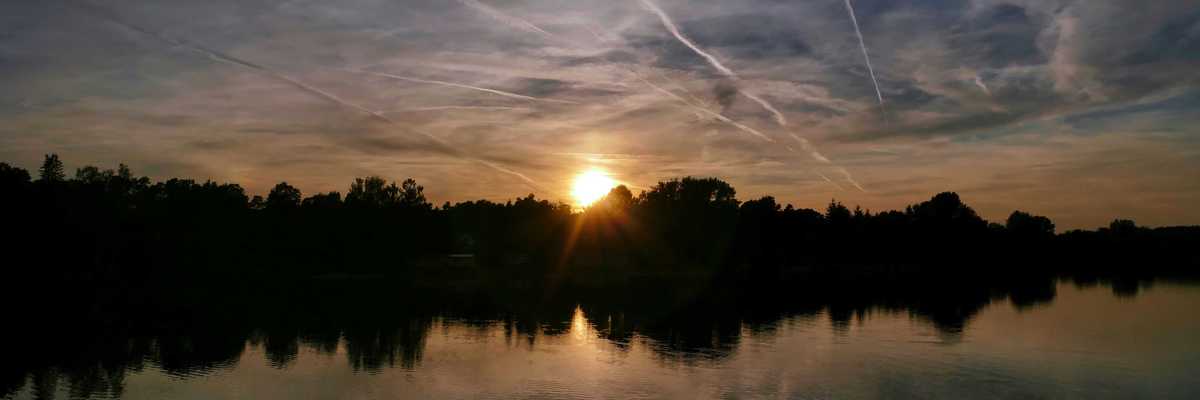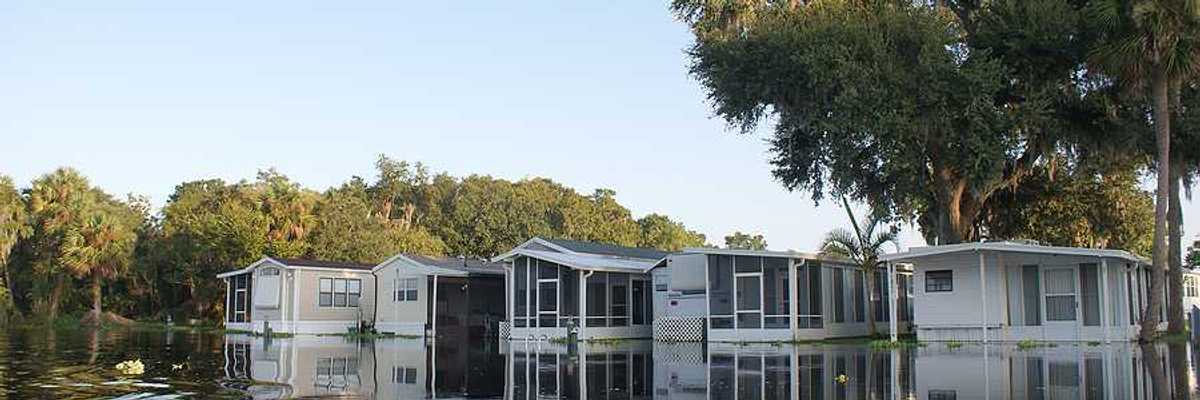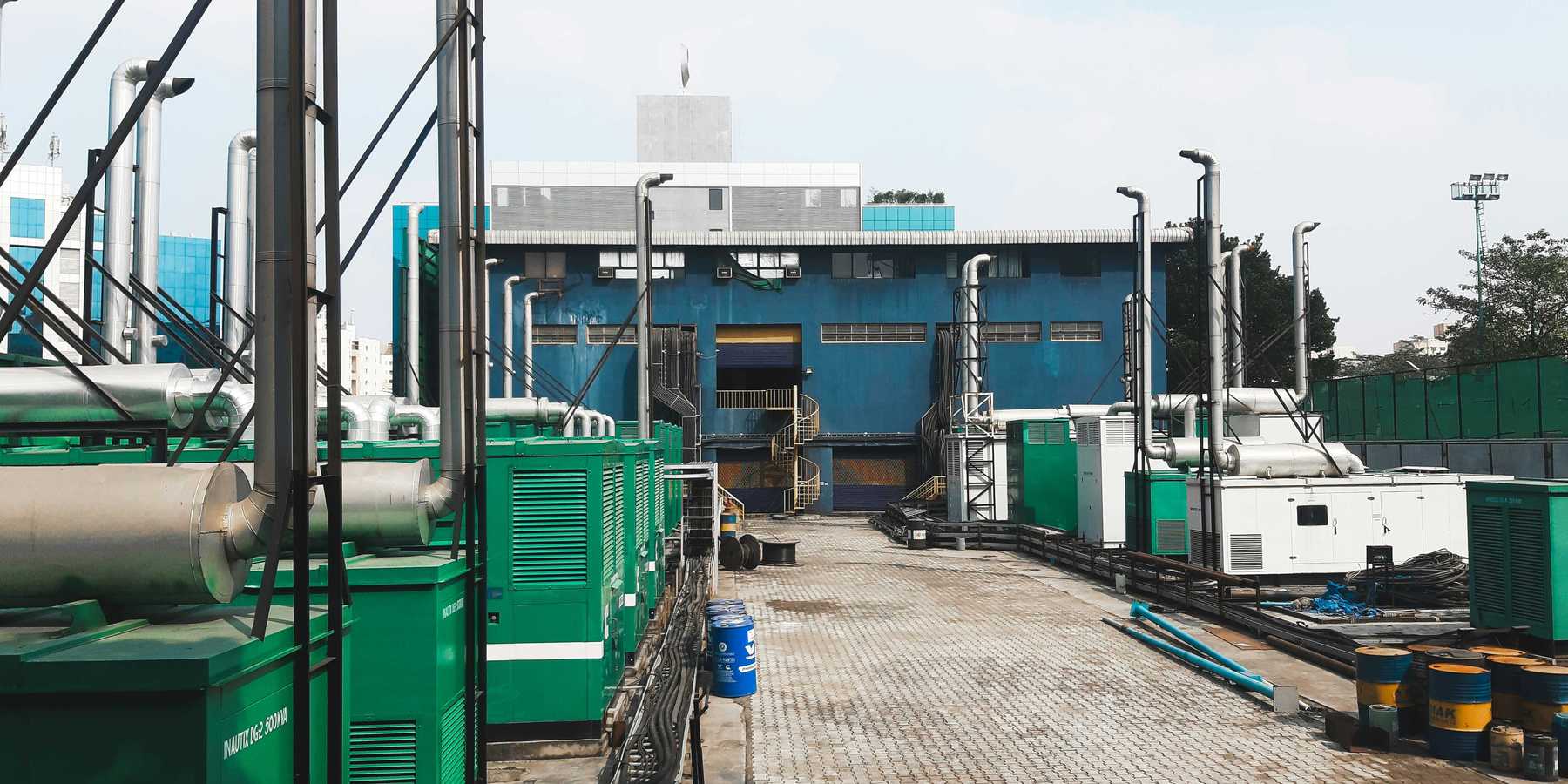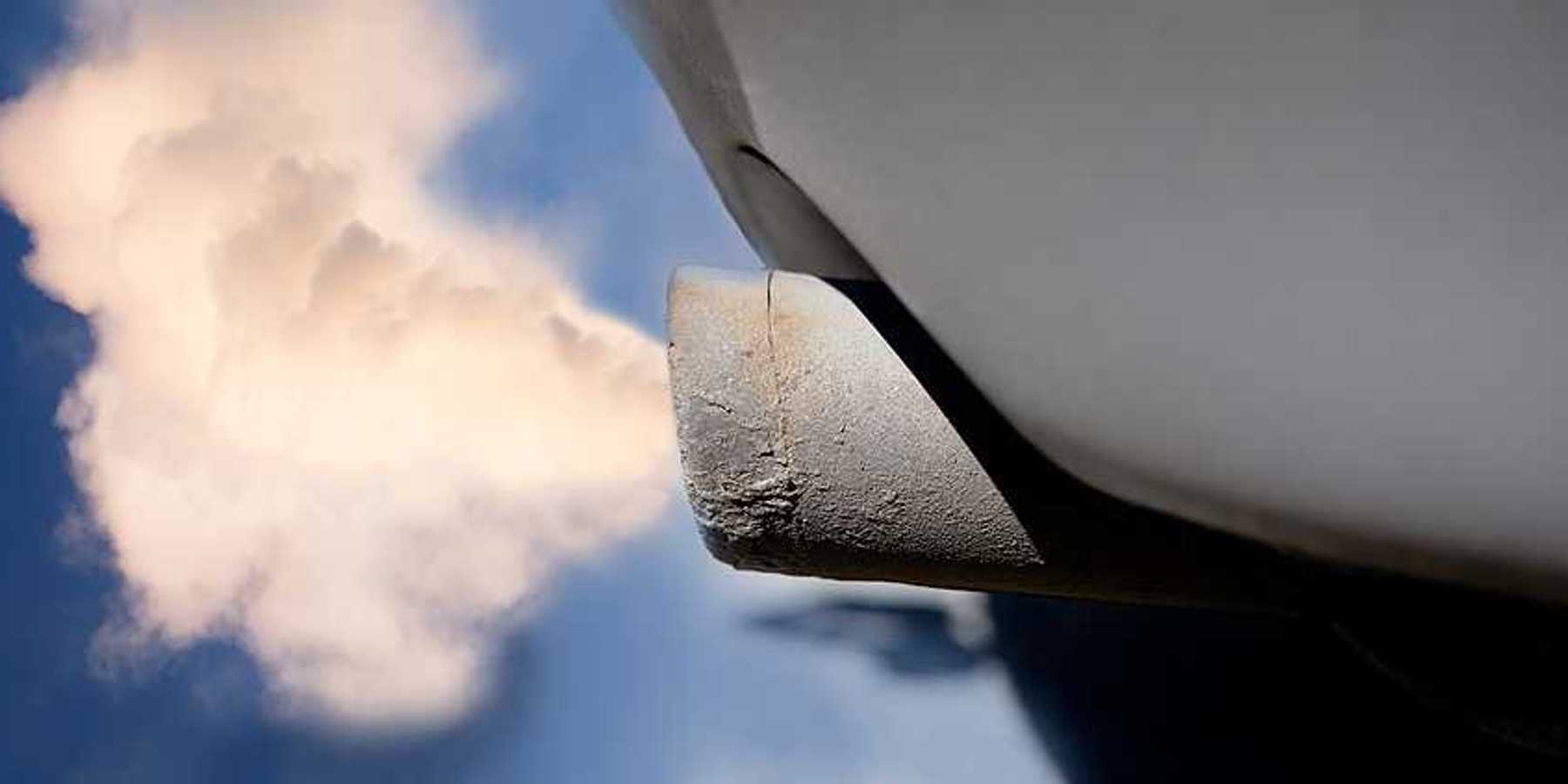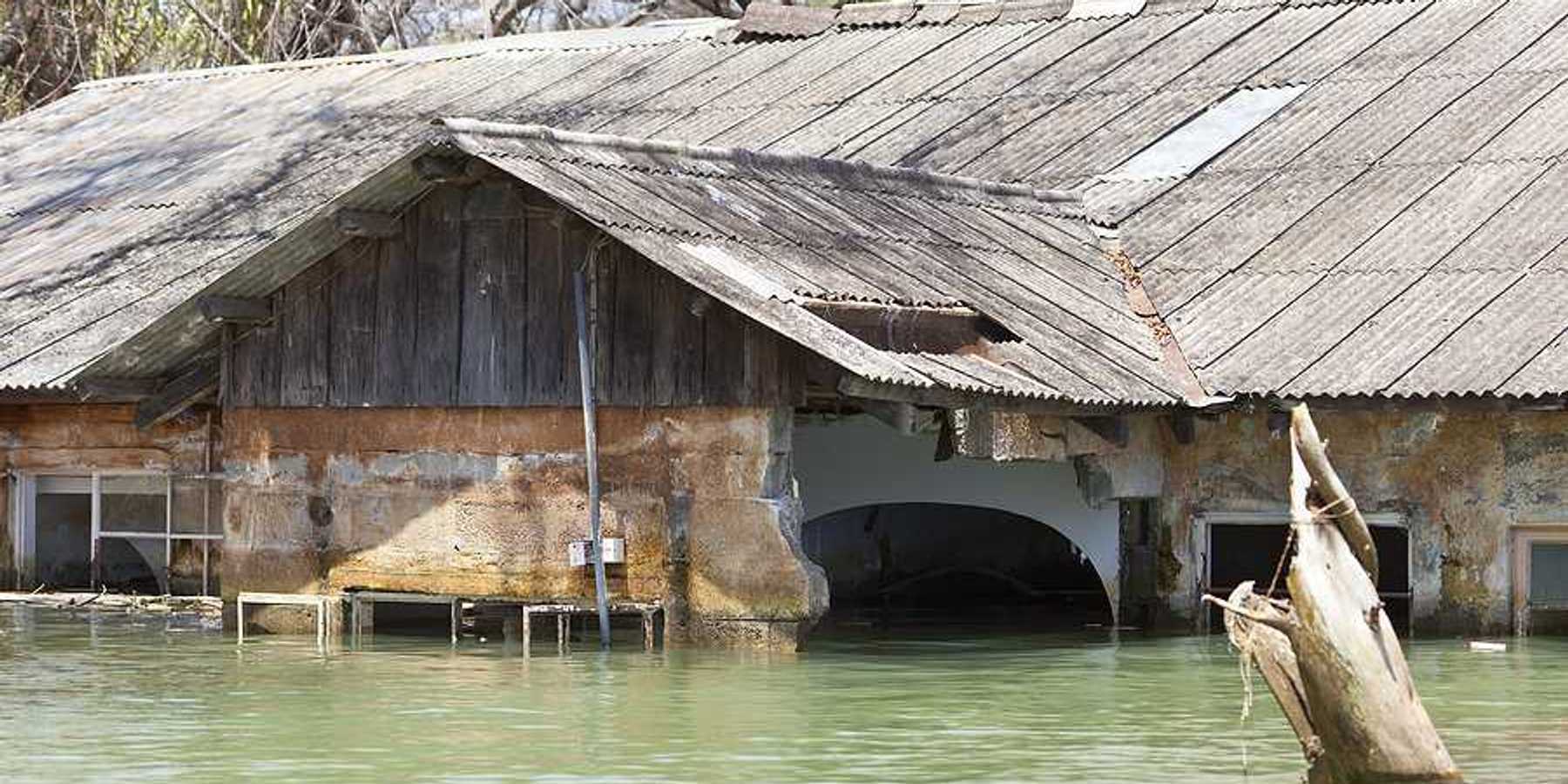arid
Brazil's semi-arid farmers hope for government intervention to combat desertification
Small farmers in Brazil's semi-arid region struggle with land degradation due to climate change and past government neglect, but the new administration aims to prioritize land restoration and seek international funding.
Giovanna Carneiro and Inácio França report for Inside Climate News.
In short:
- Farmers in northeastern Brazil face severe desertification from climate change, poor land management, and government neglect.
- The new administration under President Lula plans to revive efforts to combat desertification and seek international funding.
- Faulty irrigation systems have exacerbated soil salinization, further threatening agricultural viability.
Key quote:
“Desertification is, in fact, a consequence of climate change; they are linked.”
— Alexandre Pires, head of the Desertification Combat Department of the Ministry of the Environment
Why this matters:
Desertification threatens the livelihoods of millions in Brazil, exacerbating poverty and food insecurity. There is a glimmer of hope on the horizon. The new administration has pledged to prioritize land restoration, recognizing the urgent need to reverse the damage done. This commitment marks a significant shift in policy, aiming to address the long-standing environmental issues that have plagued the region.
Greening the desert: the architect regenerating Jordan’s native forests
Guilt over her role in concreting the landscape led Deema Assaf to set up Tayyun, dedicated to reforesting one of the world’s most arid countries.
Climate change is killing off soil organisms critical for some of Earth’s ecosystems
Lichens can’t take the heat, with disastrous implications for arid places.


